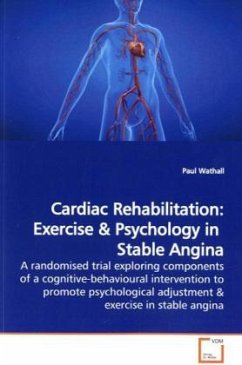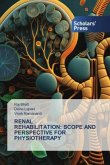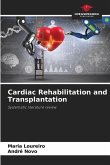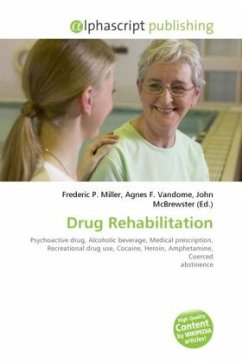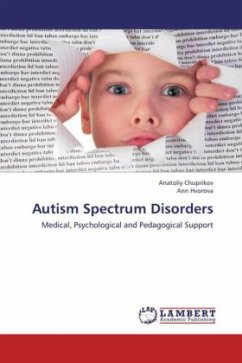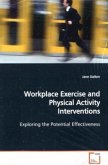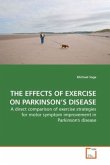Despite medical intervention many patients with chronic illness remain functionally limited and psychologically distressed. As a result, many lose productive years of life and become frequent consumers of medical services. A notable increase in the number of people living with heart disease has stimulated the development of various approaches to rehabilitating these patients. With limited resources at our disposal it has been suggested that home-based rehabilitation may be useful, particularly where goal setting, exercise and cognitive-behavioural methods are employed. As most rehabilitation programmes tend to combine these methods it remains difficult to distinguish those aspects that provide benefit from those that do not. Within this context the author provides a wide-ranging and critical view of the evidence influencing the form and structure of modern cardiac rehabilitation. The book then reports a 2x2 factorial trial which was used to disassemble and evaluate the cost-effectiveness and safety profile of a Self-help rehabilitation programme (The Angina Plan) to promote exercise and psychological adjustment in stable angina.
Bitte wählen Sie Ihr Anliegen aus.
Rechnungen
Retourenschein anfordern
Bestellstatus
Storno

